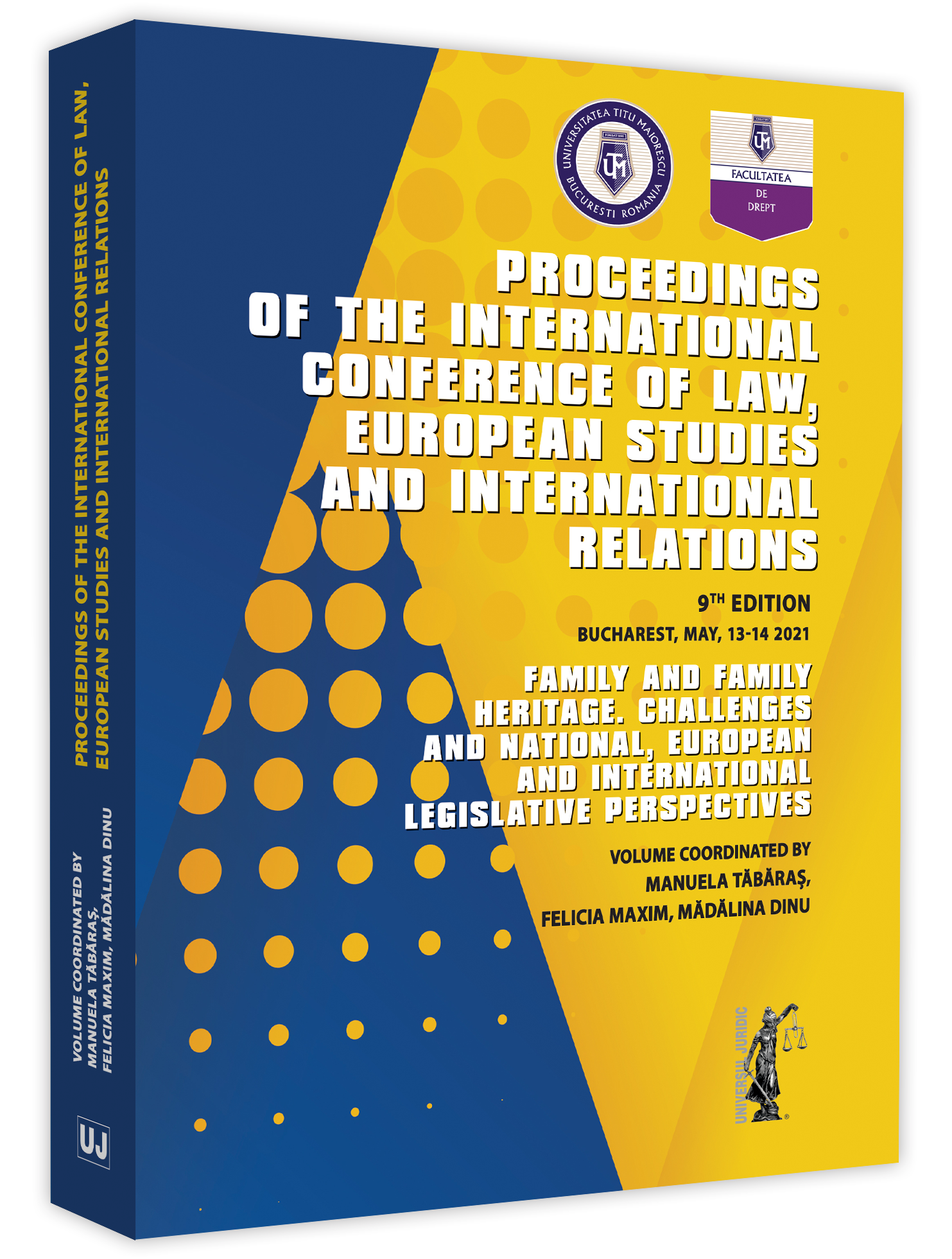THE RIGHT TO DISCONNECT - A NECESSARY DEMARCATION BETWEEN PROFESSIONAL AND PRIVATE LIFE
THE RIGHT TO DISCONNECT - A NECESSARY DEMARCATION BETWEEN PROFESSIONAL AND PRIVATE LIFE
Author(s): Luiza LunguSubject(s): Law, Constitution, Jurisprudence, Civil Law
Published by: Editura Hamangiu S.R.L.
Keywords: digitization; disconnection; work time; private life; teleworking;
Summary/Abstract: Today, the technology involved in the employment relationship is meant to facilitate daily operations in the exercise of the duties of each employee. However, technology can also be, indirectly, a tool through which the employee is constrained, being connected to work related issues at all times. Against this background of the sustained connection with work problems and the overload resulting from overtime, the phenomenon of "burn out" appears. For this reason, several European countries have taken measures to regulate this situation and protect employees from requests from the employer even after business hours. Pioneers in this field of the "right to disconnect" were France and Spain, which adopted, since 2016 and 2017, legislative measures to guarantee the right of employees to disconnect in order to ensure a balance between work and personal life. Although not yet regulated at national level, the right to disconnect is becoming increasingly important in the employment relationship at the level of employers across Europe, including in our country. To this end, earlier this year, the European Parliament adopted a Legislative Resolution containing recommendations to the Commission on the right to disconnect.
Journal: Conferința Internațională de Drept, Studii Europene și Relații Internaționale
- Issue Year: 2021
- Issue No: IX
- Page Range: 176-181
- Page Count: 6
- Language: English

